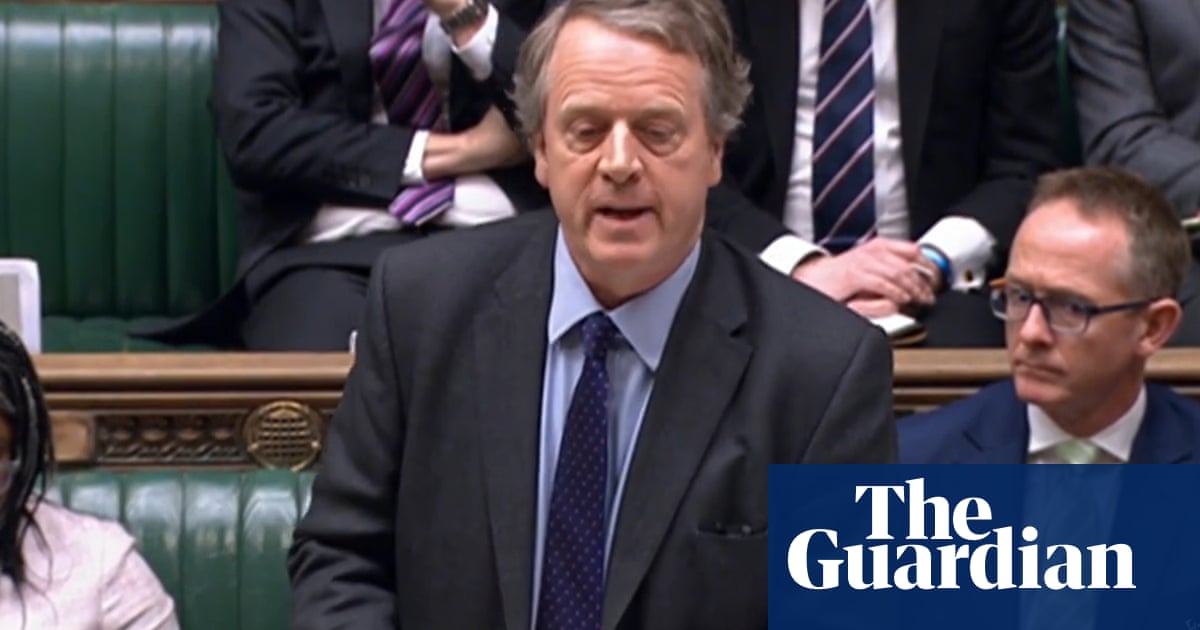
The Scottish government has introduced long-awaited legislation to simplify how an individual changes their legal gender, which proposes dropping the need for medical and psychiatric reports, reducing the waiting time from two years to three months and allowing 16- and 17-year-olds to apply for the first time.
Shona Robison, the social justice secretary, said the reforms were significant not only for transgender people but “in saying who we are as a nation”, as she made a Holyrood statement on Thursday afternoon to launch the bill. It is unusual for a statement to be made introducing legislation in the chamber, reflecting the tensions surrounding the plans, which have been fiercely contested within the governing Scottish National party and across the parliament.
The gender recognition reform (Scotland) bill, first mooted in 2016, will introduce new criteria for applicants who wish to obtain a gender recognition certificate.
Proponents of the reforms – whereby a trans person makes a statutory declaration confirming the sex in which they have been living for at least three months and their intention to do so for the rest of their life – hope they will streamline a process that transgender people find intrusive and distressing.
Critics argue that the simplification – known as self-identification – will fundamentally alter who can access women-only services and complain that critical women’s groups have not been adequately consulted in the drafting of planned changes.
Robison told MSPs that she was seeking to allay some of those concerns. “[The bill] does not introduce new rights or remove rights. It does not change public policy or prevent single-sex services being offered where appropriate. It does not change rules or conventions in place, and in place for years under the current system, for example access to toilets and changing rooms.”
She said moving to certification based on personal declaration rather than medical diagnosis would bring Scotland into line with well‑established systems in Norway, Denmark and Ireland, and recent reforms in Switzerland and New Zealand.
“The process will remain serious and substantial. Making a false application will be an offence with penalties of up to two years’ imprisonment or an unlimited fine,” Robison said.
During notably moderate exchanges, members from across the chamber emphasised their desire for constructive and respectful debate as the bill is scrutinised. But Robison was challenged by a number of MSPs from all parties, in particular about the implications for access to women-only services.
The SNP’s Ruth Maguire asked how the government would “ensure that single-sex spaces and services for the purposes of upholding identity and privacy, for example hospital wards, therapy groups, refuges and accommodation, are available to women and girls who need them and aren’t diminished?”
Robison pointed out that trans people did not require a gender recognition certificate to access services that align with their gender, and that public bodies “have been managing these issues for many years”.












